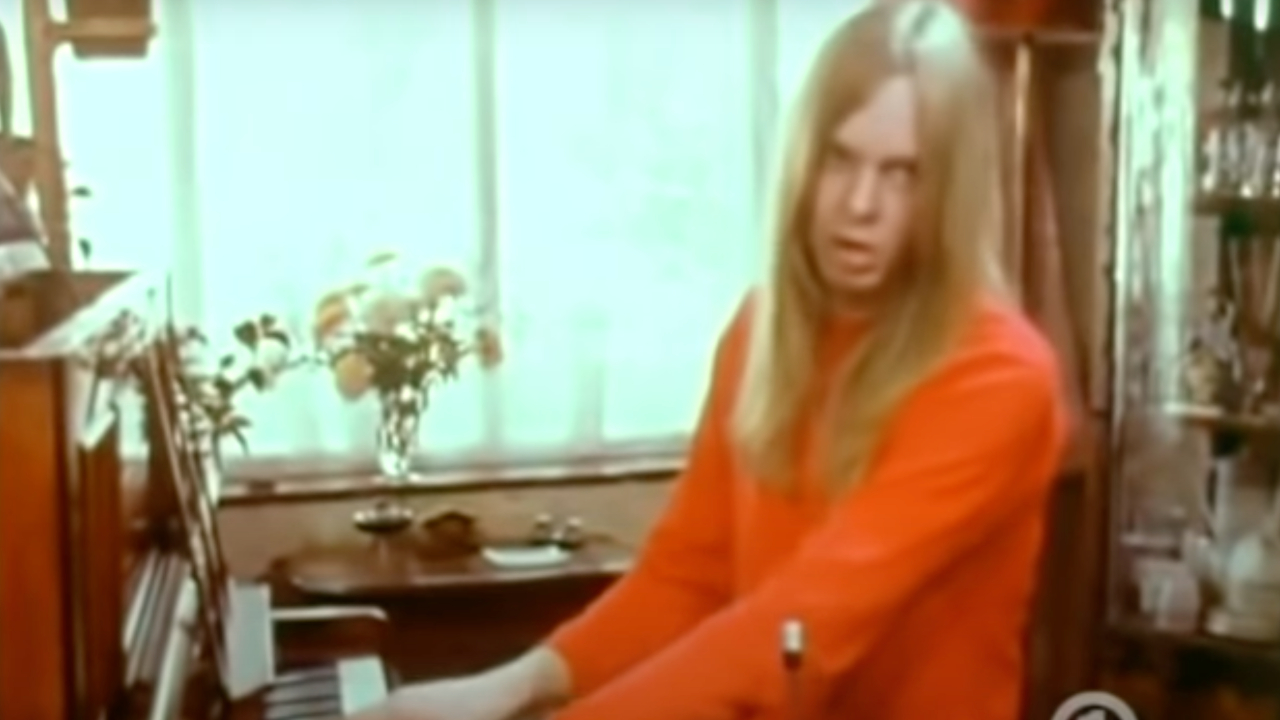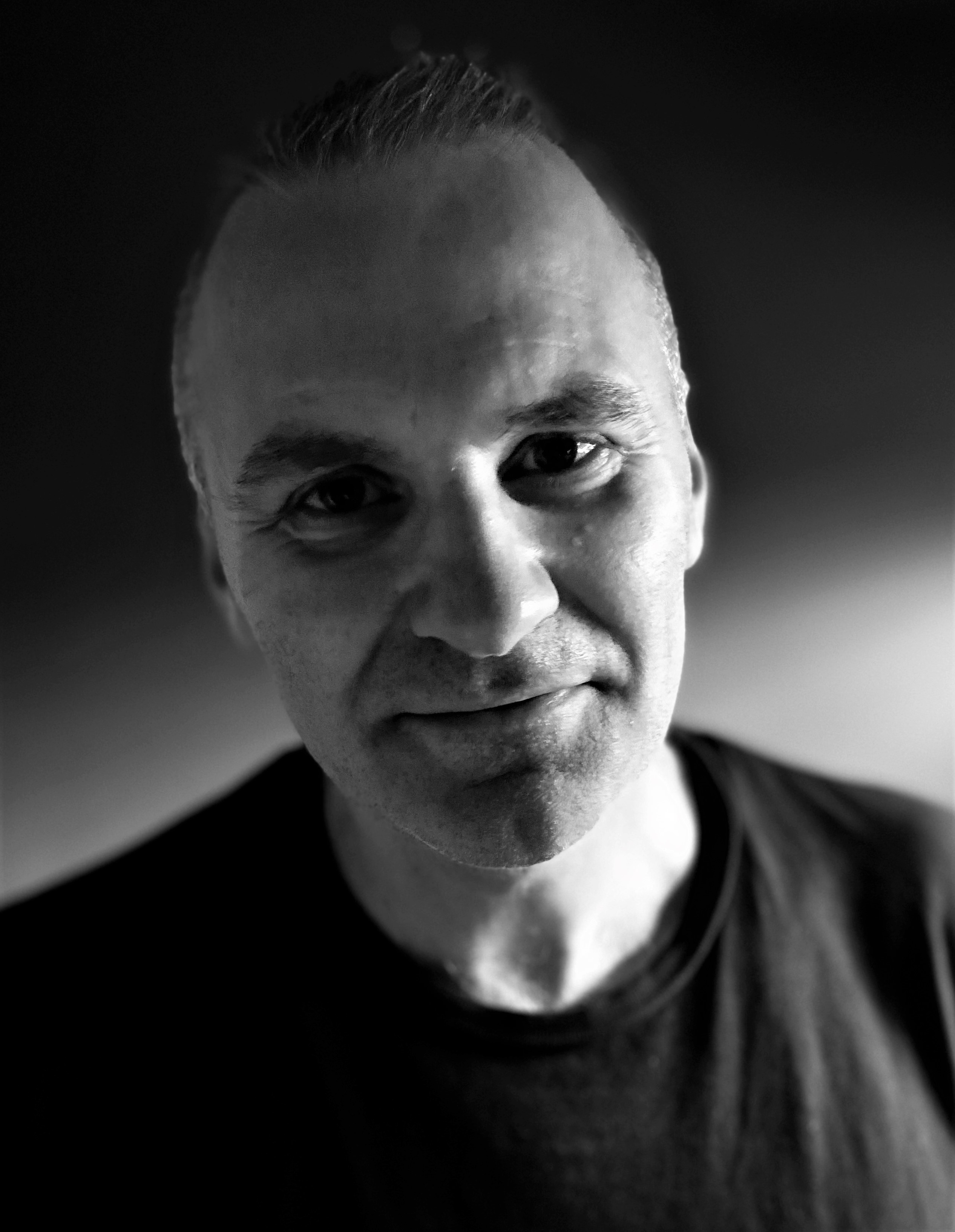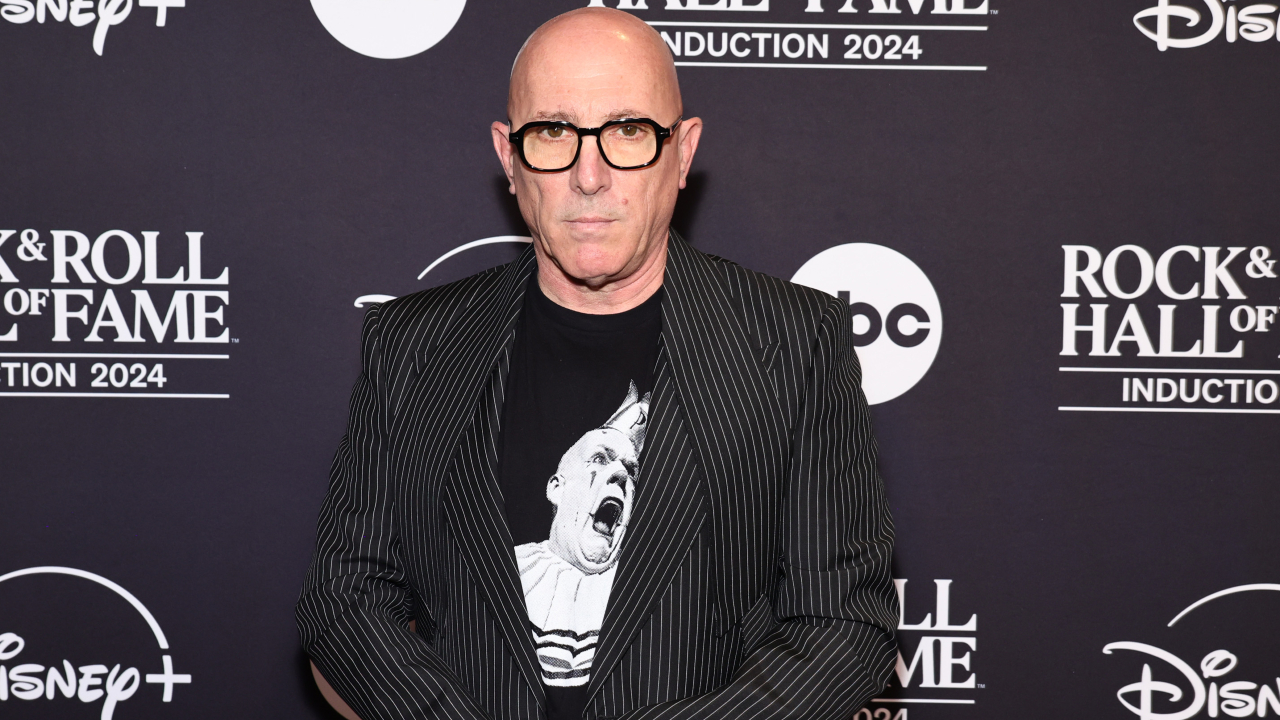
Select the newsletters you’d like to receive. Then, add your email to sign up.
You are now subscribed
Your newsletter sign-up was successful
Want to add more newsletters?

Every Friday
Louder
Louder’s weekly newsletter is jam-packed with the team’s personal highlights from the last seven days, including features, breaking news, reviews and tons of juicy exclusives from the world of alternative music.

Every Friday
Classic Rock
The Classic Rock newsletter is an essential read for the discerning rock fan. Every week we bring you the news, reviews and the very best features and interviews from our extensive archive. Written by rock fans for rock fans.

Every Friday
Metal Hammer
For the last four decades Metal Hammer has been the world’s greatest metal magazine. Created by metalheads for metalheads, ‘Hammer takes you behind the scenes, closer to the action, and nearer to the bands that you love the most.

Every Friday
Prog
The Prog newsletter brings you the very best of Prog Magazine and our website, every Friday. We'll deliver you the very latest news from the Prog universe, informative features and archive material from Prog’s impressive vault.
Throughout 2022, Bill Bruford has been populating his YouTube channel with brilliant video material covering his whole career. One of the most fascinating pieces of film he’s posted is the first episode of Sounding Out – a short-lived, late-night BBC1 music show – featuring Yes.
Originally broadcast 10 January 1972, it is, as Bruford notes, “one of very few extant TV shows of the early Yes”, and captures the band on the cusp of serious renown in both Britain and the US just prior to the release of their fourth album Fragile.
Featuring tremendous footage of the band playing the previous October at the Pavilion in Hemel Hempstead, and including excerpts from Perpetual Change, Yours Is No Disgrace, Long Distance Runaround and Heart Of The Sunrise, this would be one of the band’s last appearances on Britain’s provincial gig circuit before crossing the Atlantic to conquer America.
But perhaps even more fascinating are the interviews with the individual band members interspersed throughout. The trailer for the programme said, “When a rock band goes on stage these days, it faces a host of challenges, vocal, instrumental, electronic and psychological. Yes plays more complex music than most groups. How do they see the problems?”
The members attempt to address these questions, but it’s the way their personalities come over that’s more interesting.
First up is Jon Anderson, who in contrast to his angelic, arm-flapping persona on stage, is down to earth and rather shy, reminiscing in his lilting Lancashire accent about pretending to be Paul McCartney in his old band The Warriors, and finding meaning in Yes’s songs after they’ve been written. (And if you’re wondering what that unusual keyboard is that Anderson is seen playing at 6:20, it’s actually Chris Squire’s Dewtron Mister Bassman bass pedal.)
Next is the well-spoken and self-assured Mr Bruford himself, who makes the interesting comment, “I like hearing mistakes in my music, because it seems to me that people are trying and that risks are being run.” However, Squire wins no prizes in 2022 when he observes that, “the audiences are much more educated these days,” but then adds, “even some of the chicks are aware of what strings are used on certain bass guitars.”
Sign up below to get the latest from Prog, plus exclusive special offers, direct to your inbox!
Predictably, it’s Rick Wakeman who provides the most comedic value when he remembers forgetting a cue during his first gig with the band: “There was dead silence, and I thought, somebody’s meant to play. But they all know the piece very well – so it’s got to be me… The gap wasn’t very long, but it seemed like days.” (And this all delivered in the style of Spinal Tap’s Nigel Tufnell.)
Lastly, Steve Howe gives a masterclass in co-opting Vivaldi while apparently dressed as an extra from The Prisoner, before snarkily opining, “I didn’t think the sound that the BBC got was very good, I wish you’d taken the sound from our mix.”
The final word comes from Bruford, reflecting on Yes’s audience following shots of the crowd going wild after a fabulous version of Yours Is No Disgrace: “They’re going to be 16-20, the young, white, affluent kids of the town you’re in, they’re all going to have long hair, and wearing slightly tattier clothes than they need to wear.” Thankfully, we’ve come a long way since then.
Watch the interview below,
Joe is a regular contributor to Prog. He also writes for Electronic Sound, The Quietus, and Shindig!, specialising in leftfield psych/prog/rock, retro futurism, and the underground sounds of the 1970s. His work has also appeared in The Guardian, MOJO, and Rock & Folk. Joe is the author of the acclaimed Hawkwind biographyDays Of The Underground (2020). He’s on Twitter and Facebook, and his website is https://www.daysoftheunderground.com/.

